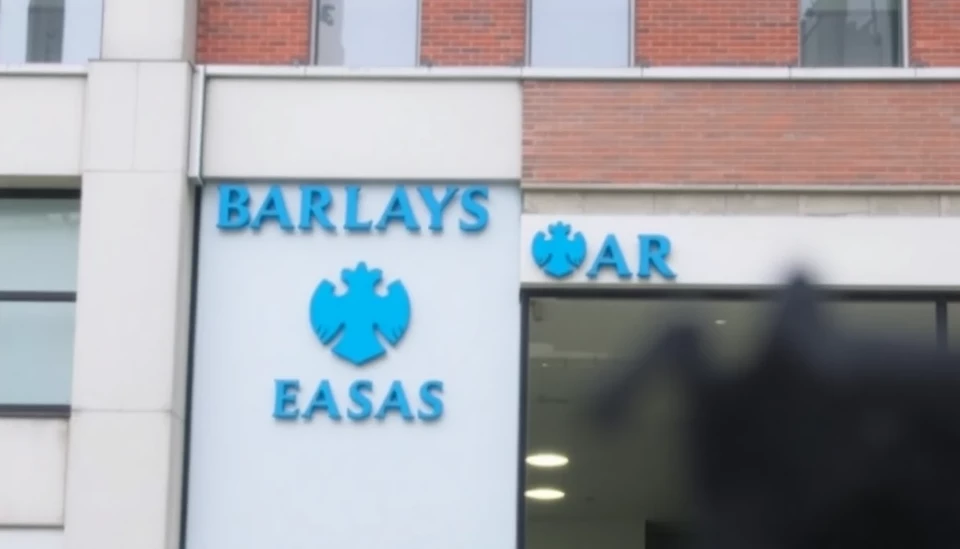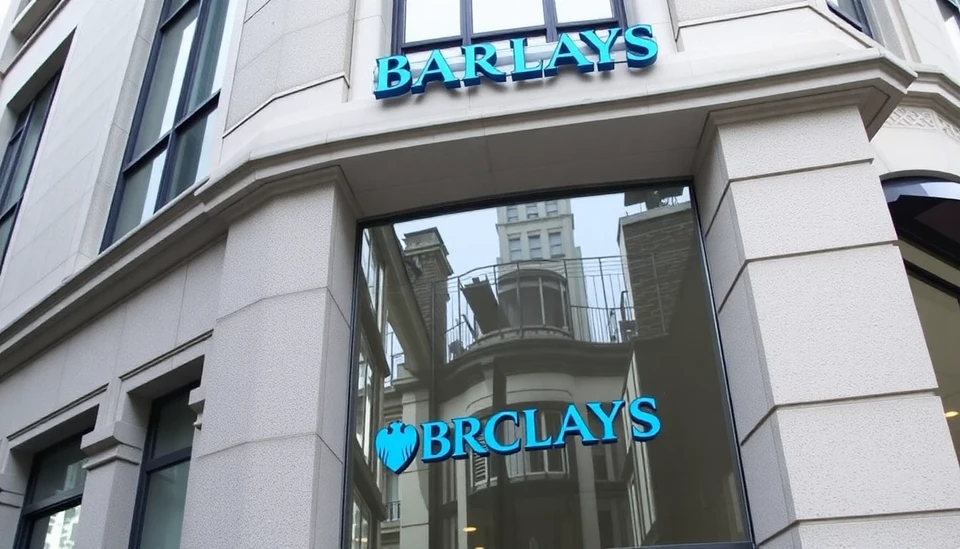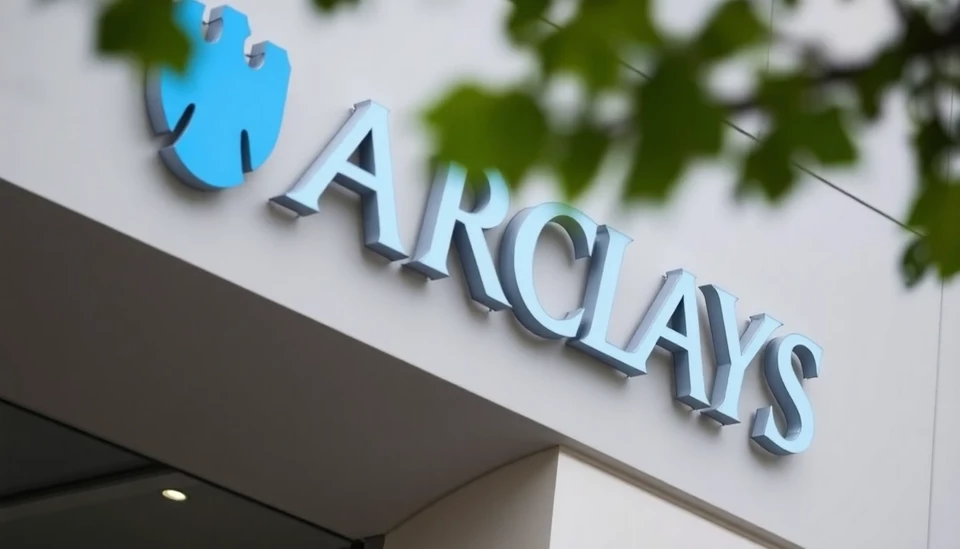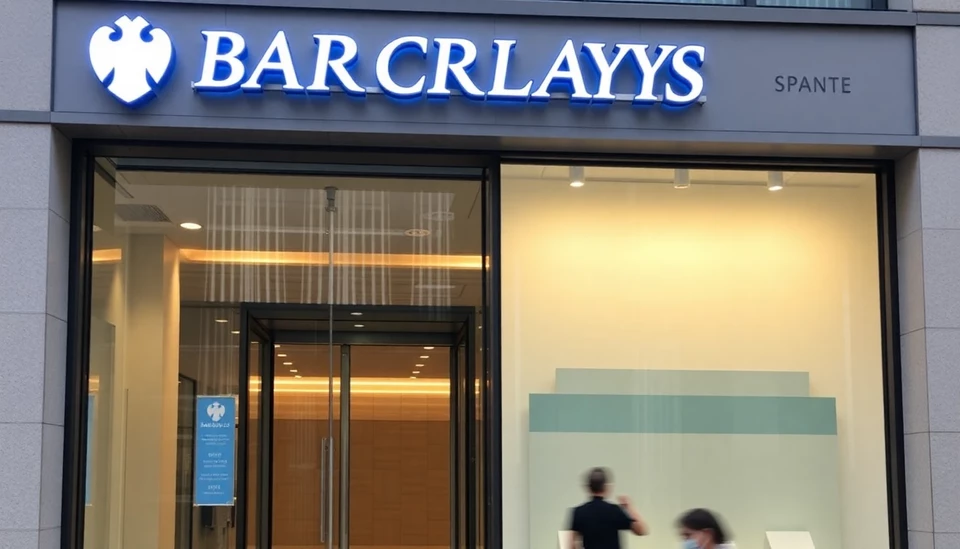
In a revealing internal memo that has come to light, Barclays is grappling with increasing pressure as skepticism towards its net-zero commitments grows. The document underscores significant talking points the institution is emphasizing amid diminishing public faith in the bank's long-term environmental goals, particularly as more companies and financial institutions face challenges upholding their promises to reduce carbon emissions.
As global societies shift towards sustainability, financial firms, including Barclays, have pledged to work towards net-zero emissions. However, this ambitious goal is proving to be contentious. Recent defection among prominent firms from net-zero pledges has spurred a wave of scrutiny, prompting Barclays to adopt a more proactive stance in defending its environmental commitments. The memo outlines key arguments the bank is using to mitigate fallout from public criticism, aiming to reinforce its standing as an environmentally responsible institution.
One of the highlighted points within the memo relates to the evolving landscape of climate change obligations. Barclays aims to position itself as a leader in supporting businesses that are actively transitioning to greener practices. The bank stresses that many of its clients are in the process of developing sustainable strategies, which showcases Barclays’ efforts to be a part of the solution rather than a hindrance to climate goals.
Meanwhile, Barclays has also acknowledged the need for transparency in its practices. The memo advocates for a candid dialogue with stakeholders about the complexities involved in meeting net-zero targets. By promoting a sense of realism regarding the timelines and practicalities of implementing environmental standards, Barclays hopes to build trust and maintain its reputation in a volatile market.
In recent months, criticism has mounted against several banking institutions, which have been accused of failing to deliver on their pledges to reduce carbon footprints while continuing to fund fossil fuel projects. The Barclays memo touches on these challenges, emphasizing the need for a balanced approach between investing in necessary infrastructure and adhering to ambitious environmental goals.
Barclays also appears to be positioning itself to counter the narrative that banks are undermining climate initiatives due to their financial ties with carbon-heavy industries. The memo suggests strategies to highlight their ongoing investments in renewable energy projects, which are expected to bolster their image as a supporter of transition initiatives.
This situation illustrates a wider trend within the financial sector, where banks are caught between the rising expectations of investors for sustainable practices and the practical challenges of operating within economically significant sectors. As criticisms of greenwashing surface, it becomes even more crucial for banks like Barclays to communicate their efforts effectively.
The stakes are high, as Barclays relies heavily on maintaining investor confidence while seeking to navigate the complex dynamics of corporate responsibility in an era that demands accountability and genuine action towards climate change. Only time will tell if these internal strategies will resonate with the public and generate the trust needed in an increasingly cautious market.
In conclusion, the recent memo from Barclays highlights how even established institutions are facing hurdles in their pursuit of sustainability goals. It serves as a crucial reminder of the intricate challenges that lie ahead for all entities willing to commit to the net-zero framework amidst evolving public sentiment and industry standards.
#Barclays #NetZero #Sustainability #ClimateChange #Finance #Greenwashing #CorporateResponsibility
Author: Megan Clarke




